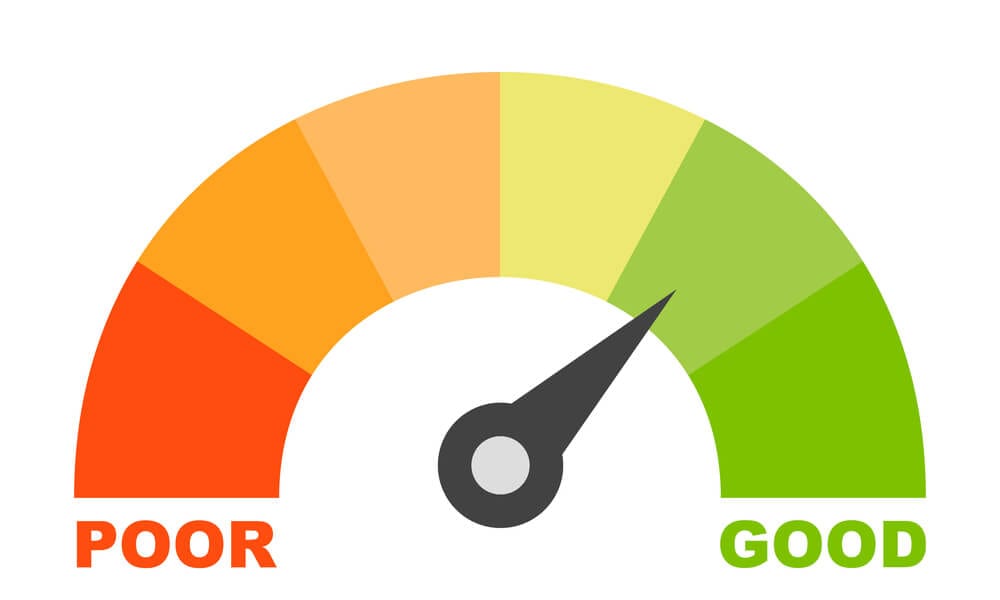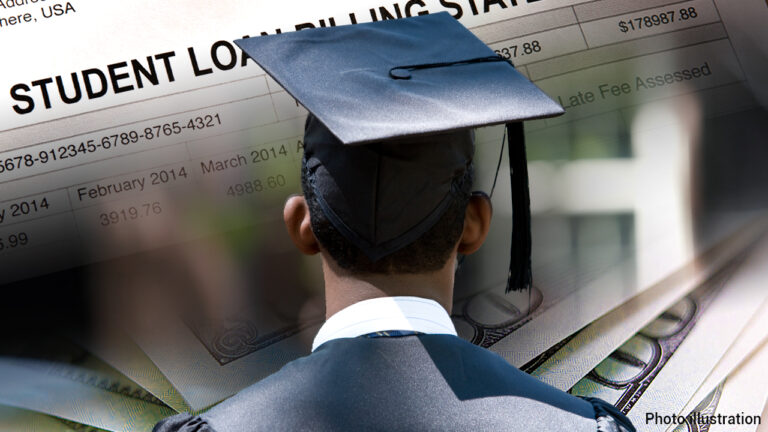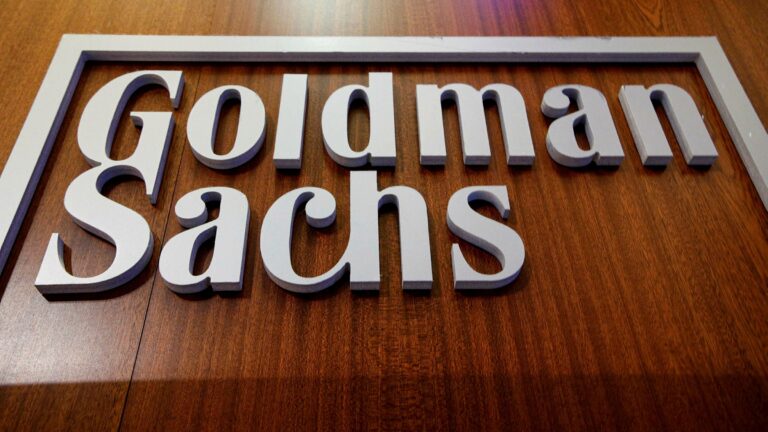How to Build your Credit Score, Fast
A high credit score is a gateway to a healthy financial future. It gives access to lower rates on mortgages, insurance, and loans. It can also increase your chances of getting hired in some states where employers demand your credit report as part of your job application process.
Conversely, with a low score, you’ll be subjected to higher interest rates, low loan limits, and high-security deposits. However, if you already have a bad credit score, due to unpaid loans or lack of credit history, it doesn’t mean your financial well-being is completely ruined. You can improve your credit and enjoy the perks of having a good credit score. But first, you have to understand how your credit score is calculated.
How credit scores are calculated
Your credit score is calculated by credit bureaus based on the information found on your credit reports. Typically, you can request your credit score from three of the following credit bureaus – Experian, TransUnion, or Equifax. You’re entitled to one free credit score report per year from each bureau by visiting their joint website.
While the scores may have slight differences, they mostly use the FICO scoring system which ranges from 300 to 850. A score of 300 – 579 is classified as poor, 500 – 669 is fair, 670 – 739 is good, 740 – 799 is very good, and 800 – 850 is exceptional.
Your score is affected by the following factors:
Payment history (35%)
Your payment history entails how often you make on-time payments on your bills. It accounts for 35% of your total credit score. Late and insufficient payments on your credit reports will lower your credit score.
Credit utilization (30%)
Credit utilization refers to how much debt you have relative to how much credit is available to you. Usually, a credit utilization of 30% or lower is preferred for a good credit score.
Age of credit history (15%)
This takes into factors in how long your accounts have been active. The longer the better.
Credit mix (10%)
Credit mix looks into the types of credit you’ve had. A healthy mix of various types of credit – car loans, student loans, and credit cards – increases your creditworthiness.
New credit inquiries (10%)
This accounts for 10% of your credit score. Essentially, it looks at how many loans you applied for in the last 12 months and how many are active. If you have applied for more loans or have many active loans, it’ll negatively affect your score.
Now that you’ve understood how credit scores are calculated and what affects your score, let’s look into how you can build your credit fast:
1. Pay everything on time
The fastest way to build your credit is making paying all your bills on time. Remember, your bill payment history makes up 30% of your credit score, so it’s best to stay on top of all your bills and loans. A payment is considered late if it’s at least 30 days past due. After this period, it’s reported to the credit bureaus and a late fee is levied. The best way to ensure you make timely payments is by using auto-pay. This way your bills and loans are paid automatically each billing cycle on their due dates using your bank account or credit card.
2. Become an authorized credit card user
If your friend or relative has a credit card with a high credit limit and a good payment history, you can request them to add you as an authorized user. Their account will be added to your credit report, which consequently your credit utilization and your ultimate credit score.
This method works great if you already have a credit history or are starting to build your own. The best thing is that they don’t have to use the card to make purchases. All you have to do is provide your name, date of birth, address, and social security number then have your friend or family member contact their credit issuer to add your details.
3. Apply for a credit builder loan
As the name suggests, a credit builder loan is a loan designed to help you improve your credit score. It works also works best if you’re just starting with no credit history. But these loans don’t work like the traditional bank loans which hand you the money upfront. Instead, the money you request to borrow is held in a separate savings account or certificate of deposit, where it’ll serve as collateral.
You’ll receive the loan amount after completely paying it off on monthly payment intervals. The interest on this type of loan is usually high, but the interest amount never exceeds the principal amount. Unlike conventional loans, you only need a steady source of income to apply for a credit builder loan. You don’t need a co-signer or a minimum credit score. Also, the loan term is longer, usually 24 months, and some credit builder loans allow you to earn interest while the money is sitting in the account.
4. Apply for a secured credit card
A secured credit card is ideal for building your credit history and improving it if it is low. Unlike a traditional credit card, a secured credit card requires you to make a security deposit to open a credit account. Subsequently, the deposit becomes your new credit limit, while also serving as collateral against non-payment. The minimum-security deposit ranges from $200 to $500, depending on an institution’s terms. The deposit is locked into your savings account while your credit account is open.
Similar to a typical credit card, you can make purchases with your secured credit card. But you have to make sure you pay off the card bill every month without delays to improve your payment history. If you default payments, you’ll be reported to the credit bureaus and the issuer may close your account and use the amount to cover the losses incurred. However, if you diligently pay your card bill, your credit score will improve fast and the issuer will return your full balance at the end of a billing cycle.
5. Pay down credit card balances
If you already have a credit card, consider paying off your card balances before the end of a billing cycle. Alternatively, you can make frequent payments throughout the month the keep your balance low. The goal here is to lower your credit utilization ratio, which is the amount of credit you have at any given moment versus your maximum loan limit.
For example, if you have a credit balance of $2,000 and a loan limit of $4,000 your credit utilization is 50% (2,000 / 4,000 = 0.5 *100% = 50%). Paying off your balances early or making frequent payments throughout the month can lower your credit utilization ratio to the ideal 30% and below rate, which consequently builds your credit.
6. Increase your credit limit
In addition to paying down your credit card balance, increasing your credit limit can help lower the credit utilization ratio. This works as long as you can keep your credit balance low. Don’t be tempted to borrow more when you’re approved for a higher credit limit.
It’s easier to get approved for a higher credit limit once you’ve demonstrated a pattern of timely payments, usually for six months or more, on your existing credit card limit. You may also be approved if recently got a pay rise at work.
7. Keep your old accounts open
After paying off a credit account balance, you may think it’s a good idea to close since you’re not actively using it. But considering you’re still building your credit, closing the account isn’t a great idea after all. Remember, the age of your credit history has an impact on your overall credit score. As such, it’s recommended to keep your credit account open even after paying off the balances. You can even make a small purchase using the account once a month and pay it off soon to improve your credit history.
8. Add to your credit mix
Committing to paying a variety of loans can help build your creditworthiness by improving your credit mix score and credit utilization. Note that this method works if you only have a few credit cards and can manage to pay your existing loans without delays. You should also ensure that the type of loan you’re considering taking is reported to all three credit bureaus. A good place to start is by adding a new credit card or auto insurance.
9. Dispute credit report errors
According to a recent report, it is possible to find errors in your credit report that might negatively affect your credit score. So, be sure to analyze your reports to identify errors. If you find any errors, file a credit report dispute which will then take 30 days for the credit bureau to investigate and respond, and another 30 days to remove the inaccurate information from your credit report.
Conclusion
Building your credit will improve your overall financial well-being. The simplest point to start building your credit fast is by paying off your debts on time. Once you have built a good track record with your debtors, you can then ask for an increased loan limit to further improve your credit score.






